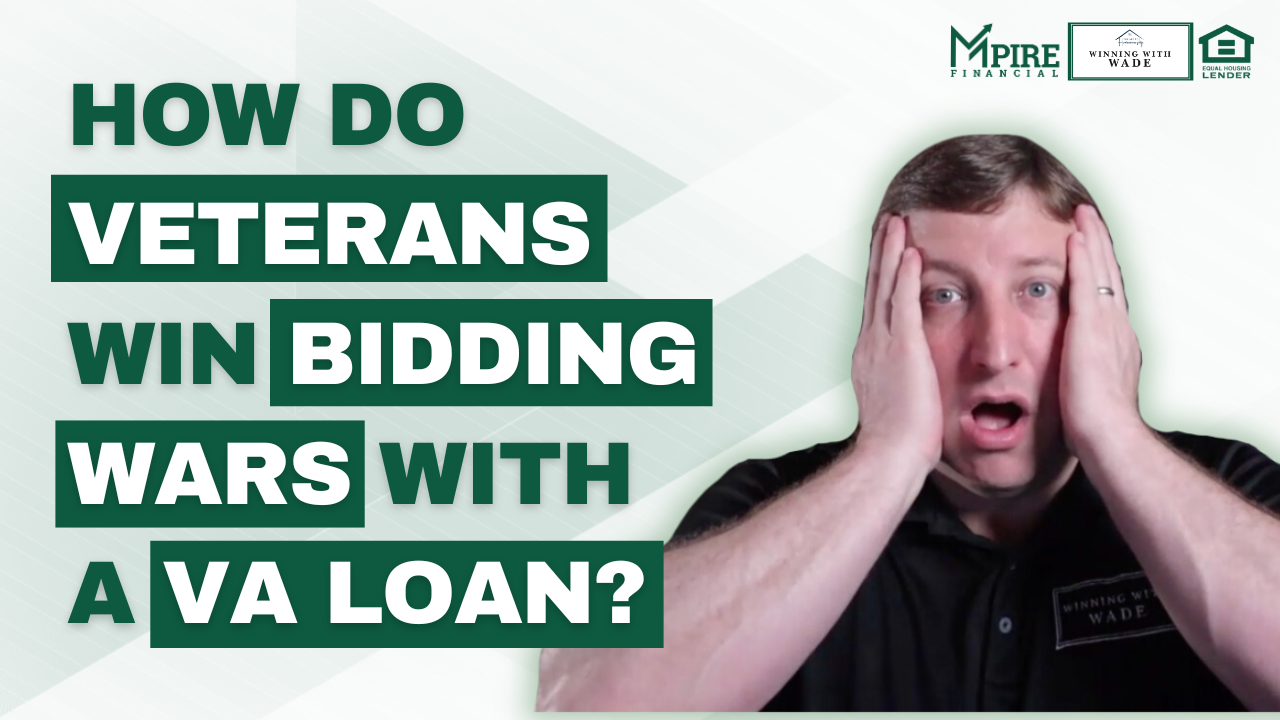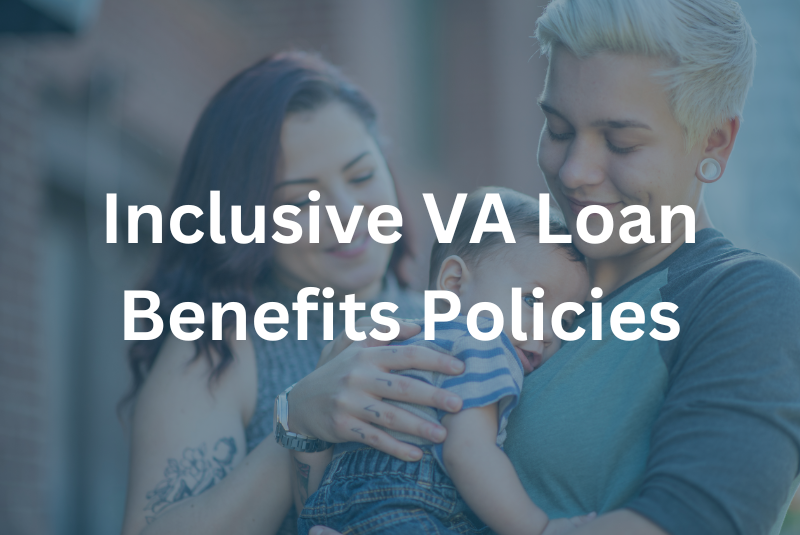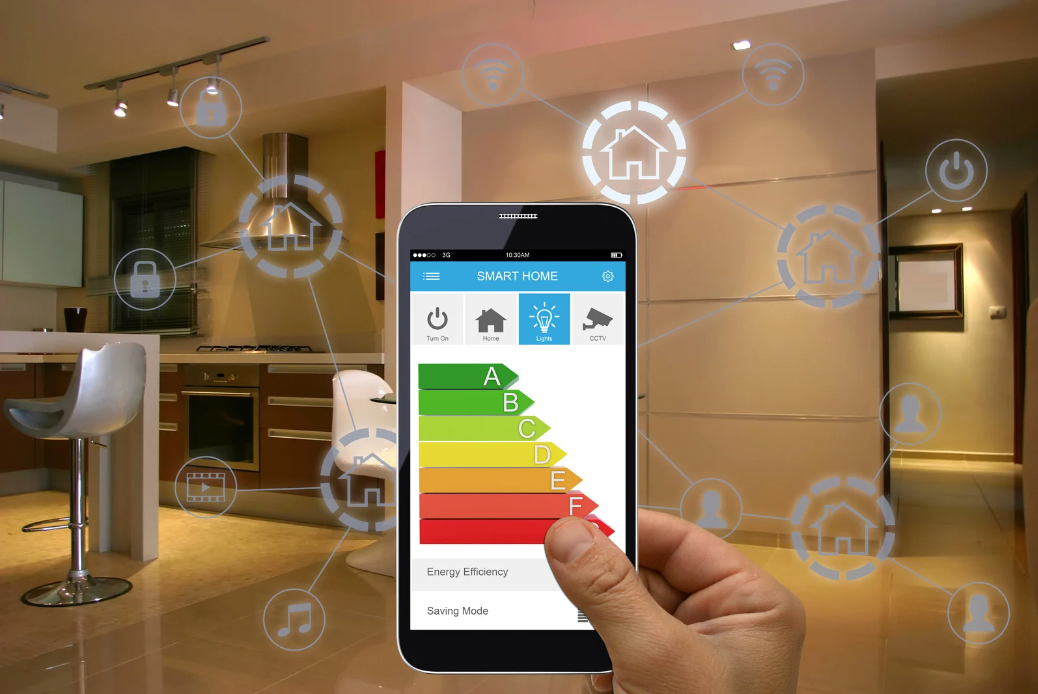Veterans can experience a challenging housing market in much more frustrating ways than other buyers.…
Applying for a VA Home Loan with a Co-borrower
Applying for a VA home loan with a co-borrower can be daunting.
VA loans offer a unique opportunity for veterans and active duty service members to access mortgage loans with low to no down payment.
However, the rules change when a co-borrower is involved. This article delves into the intricacies of VA loans with co-borrowers, covering various scenarios and providing essential information for veterans considering buying a home with a co-borrower.
Understanding the VA Loan
Before we explore the specifics of co-borrowing, let’s understand a what VA loan is. VA loans are a benefit earned by veterans and active-duty service members, offering them mortgage loans with favorable terms, such as low to no down payment. This makes home buying more accessible and affordable for those who have served our country.
Common Scenarios Involving Co-borrowers
When the Co-borrower is a Spouse
- Married Couples: The most common scenario involves married veterans and their spouses. In these cases, both the veteran and the spouse’s debts, incomes, and credit scores are considered. This is a straightforward situation handled regularly by lenders.
Engaged Couples and Joint Loans
- Engagement: For engaged couples not yet married, the VA classifies this as a joint loan. This distinction is crucial because joint loans require a down payment, as the VA only covers the veteran’s portion of entitlement. Additionally, joint loans necessitate prior approval from the VA, adding time and potential hurdles before closing.
Co-borrowers Who Are Not Married to the Veteran
- Non-marital Co-borrowers: If the co-borrower is not married to the veteran, it’s also considered a joint loan, requiring a down payment and VA prior approval.
Community Property States and Non-borrowing Spouses
- Community Property States: In these states, if a co-borrower is married to someone else, the lender must consider the debts of the non-borrowing spouse in the overall debt-to-income ratio. This can complicate the loan approval process.
Two Veterans Buying a Home
- Dual Veteran Borrowers: When two veterans, married or not, purchase a home together, it’s not classified as a joint loan. Thus, there’s no down payment requirement or need for VA prior approval. The entitlement can be used by one or both veterans, depending on the situation.
Surviving Spouses
- Surviving Spouse Co-borrowers: Surviving spouses of veterans may be eligible for VA loans, and scenarios involving them as co-borrowers are nuanced and require detailed discussion.
The Impact of Understanding VA Co-borrowing Rules
Understanding these rules and nuances is vital for a successful home buying journey. It can significantly impact your ability to secure a loan and the terms of that loan. Consulting with a knowledgeable lender who can guide you through these scenarios is essential.
Conclusion
For veterans considering buying a home with a co-borrower, understanding the specific rules and requirements of VA loans in these scenarios is crucial.
Whether you’re married, engaged, buying with another veteran, or involved in another unique situation, being informed will help you navigate the process more smoothly. Remember, making informed decisions is key to a successful home buying experience.
If you have questions or need guidance on VA loans and co-borrowing, feel free to reach out for personalized advice. And don’t forget, staying informed and consulting with experts are your best tools in the home buying process.





